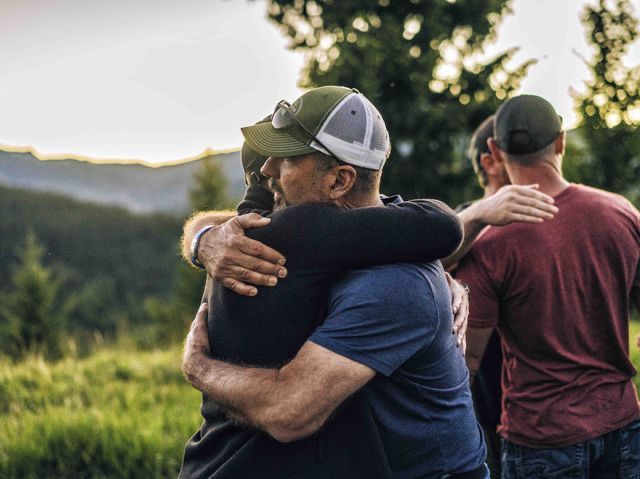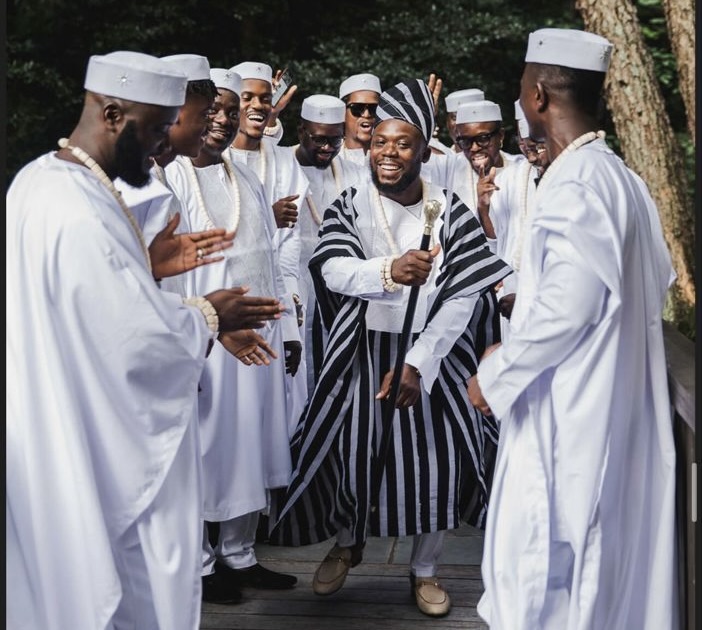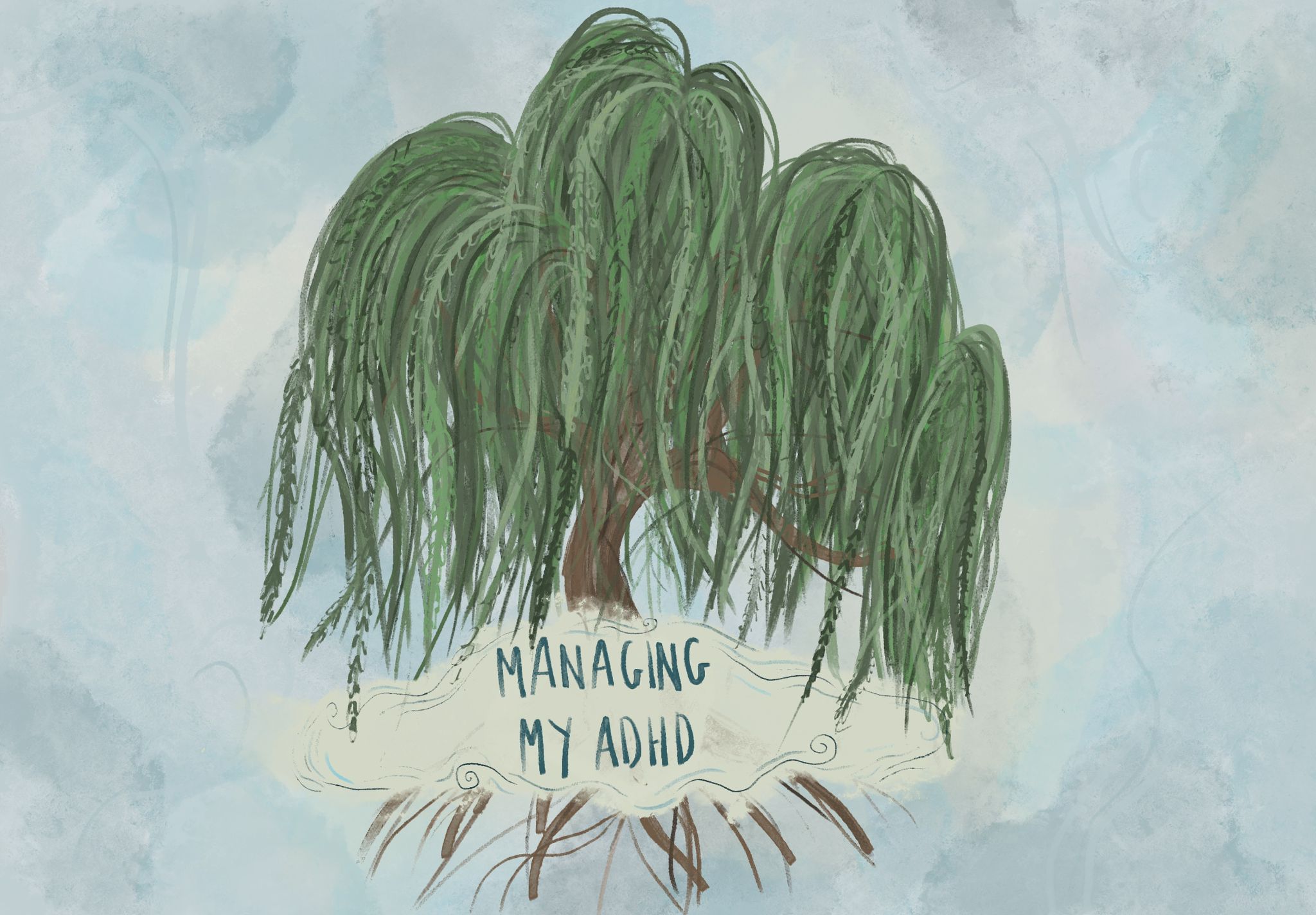The silent struggle: Men’s mental health
Why does it often feel like men’s mental health is relegated to the sidelines?
We’re inundated with general mental health awareness, but the specific challenges men face often remain unspoken. As a Black, 18-year-old college student of Liberian/Guinean heritage, I’ve seen firsthand the immense pressure men face to conform to rigid definitions of strength and masculinity. In my culture, men are often expected to be unwavering pillars, never showing vulnerability matters. This expectation can create a heavy burden, making it difficult to open up and seek help when we’re struggling with these masculinity struggles.

image ref: men’s health
I’m not a therapist or an expert, but I am someone who’s passionate about sparking a conversation and ending stigma. I want to challenge the double standards and cultural burdens that prevent men from prioritising their mental well-being. In this blog, I want to foster a debate, a space where we can question traditional ideas about masculinity, share our experiences, and explore practical ways to support each other. I’m someone who values honesty, empathy, and a willingness to challenge norms. I believe that by creating supportive spaces, we can empower men to seek help without shame and build a world where mental well-being is prioritised for everyone, redefining manhood.
Cultural expectations: A heavy burden
Coming from a Liberian and Guinean background, I’ve felt this pressure intensely. In our cultures, men are expected to be pillars of strength, never showing weakness, leading to many silent battles. How can we break barriers and free ourselves from this cycle? It’s tough to open up when vulnerability is seen as a flaw. I often feel isolated because expressing my true emotions feels like a risk. Why can’t we create a culture of support instead of judgment, offering emotional freedom?
Double standards: The unequal playing field
Have you ever noticed the glaring double standards in how men and women are treated when it comes to emotions? If a guy shows sadness, he’s often told to “man up,” while women are encouraged to share their feelings openly. Why is vulnerability acceptable for one gender but not the other? It’s absurd. We need to create a safe space where everyone can express themselves without fear of ridicule, showcasing strength redefined.

image ref pinterest
One of the biggest issues is the lack of open conversations. Men often feel they have nowhere to turn, leading to isolation and a reluctance to seek help. This can manifest in various ways, from increased stress and anxiety to substance abuse and even suicidal thoughts. We need to acknowledge these issues and address them head-on as part of our healing journeys.
Tips and ways forward: Taking action
So, how can we start making a change? Here are a few tips:
- Talk it out: Find a trusted friend, family member, or therapist to share your feelings with.
- Challenge stereotypes: Actively question traditional ideas about masculinity.
- Practice self-care: Engage in activities that bring you joy and relaxation
- Seek professional help: Don’t hesitate to reach out to a mental health professional if you’re struggling.
- Build a supportive community: Connect with like-minded individuals who understand and support you.

image ref: the garden venue
By challenging norms, fostering open conversations, and prioritising our mental well-being, we can create a world where men feel empowered to seek help and support without shame.

